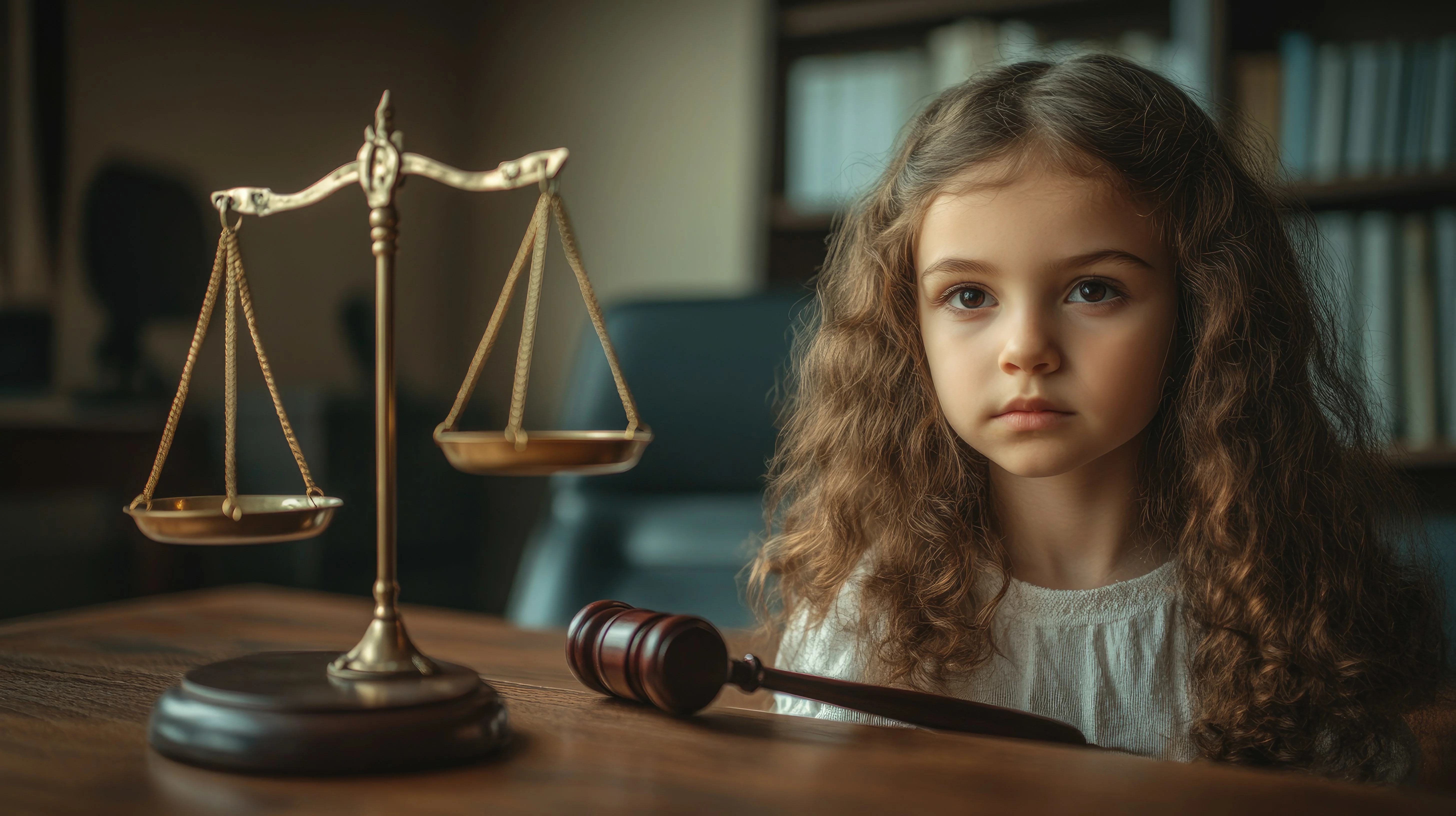- Study In India
- For Admission +91 960577 1555
- Contact US

Juvenile Justice : Balancing Accountability and Second Chances , Nehru Academy of Law
AUGUST 16 , 2025.
The concept of justice is never simple, and nowhere is it more complex than in cases involving children in conflict with the law. Juvenile justice seeks to answer a difficult question: How do we hold young offenders accountable while recognizing their potential for reform? This balance between discipline and compassion lies at the heart of every legal system striving to serve both society and its youngest members. Institutions like Nehru Academy of Law play a pivotal role in shaping legal professionals who approach such sensitive issues with both knowledge and empathy.
Who is a Juvenile in the Eyes of the Law?
In India, the Juvenile Justice (Care and Protection of Children) Act, 2015 defines a juvenile as anyone below the age of 18. However, the law takes a nuanced view. For heinous offences committed by children between the ages of 16 and 18, the Act allows for assessment by the Juvenile Justice Board to determine whether they should be tried as adults. This provision arose from growing public concern over the involvement of adolescents in serious crimes. However, the law takes an elegant view.
The Need for a Separate Juvenile Justice System
Children are not miniature adults. Their cognitive abilities, emotional maturity, and sense of responsibility are still developing. Neuroscience studies consistently show that adolescents are more impulsive and less likely to foresee the long-term consequences of their actions.
A dedicated juvenile justice system ensures:
- Rehabilitation over retribution – focusing on reform rather than punishment.
- Protection from hardened criminals – avoiding exposure to adult prisons that can worsen criminal tendencies.
- Holistic development opportunities – through education, counselling, and skill-building programs.
Key Provisions of the Juvenile Justice Act, 2015
- Juvenile Justice Board (JJB) – A specialized body to hear cases involving children in conflict with the law.
- Child Welfare Committees (CWC) – For children in need of care and protection, ensuring they are not wrongly criminalized.
- Adoption and Rehabilitation Measures – Streamlining processes to secure family-based care.
- Open Shelters and Observation Homes – Providing safe spaces for juveniles during and after proceedings.
Striking the Balance: Accountability vs. Second Chances
The 2015 Act stirred debate by introducing the possibility of trying 16–18-year-olds as adults for heinous offences. Supporters argue that it deters serious crimes and assures justice to victims. Critics warn that it undermines the very principle of juvenile justice and risks treating children as irredeemable criminals.
The ideal approach lies in individual assessment. Courts must evaluate each child’s mental state, background, and prospects for reform before deciding whether rehabilitation or adult trial serves justice best.
Global Perspectives on Juvenile Justice
Many countries have moved toward restorative justice models, which emphasize repairing harm rather than punishing offenders. Community service, victim-offender mediation, and rehabilitation programs are becoming central to juvenile justice systems worldwide. The United Nations Convention on the Rights of the Child (UNCRC), to which India is a signatory, calls for laws that prioritize reintegration over incarceration.
The Role of Society and Legal Education
Law is not the sole guardian of juvenile justice. Families, schools, social workers, and communities must work hand-in-hand to prevent delinquency and support reintegration. Legal education institutions like Nehru Academy of Law play a vital role by training future lawyers, judges, and policymakers to approach juvenile cases with sensitivity and legal acumen.
Juvenile justice is about more than protecting society from youth crime—it’s about protecting the future of those very youth. By striking the right balance between accountability and compassion, we ensure that children who make mistakes are given a fair chance to correct their path, contribute positively to society, and lead meaningful lives.
- For Admission +91 960577 1555
- Apply Online
- Download Brochure
